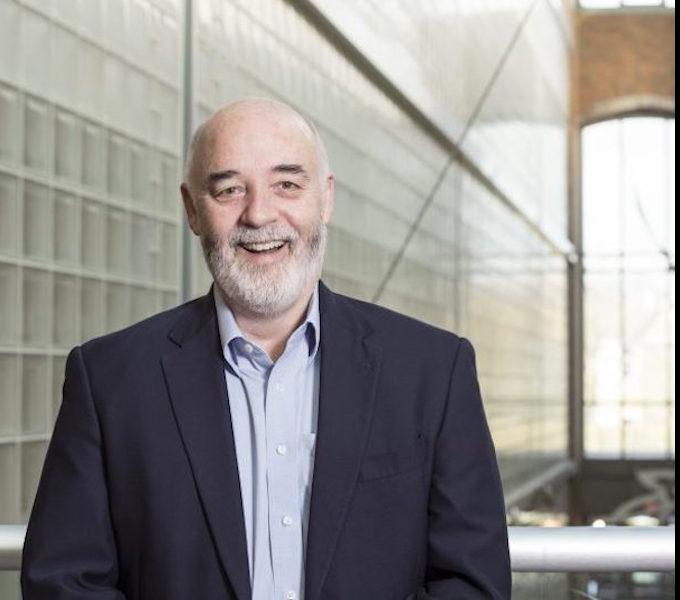Affiliated Faculty
This list of affiliated investigators can help you identify potential research mentors at the University of Pittsburgh. PSTP students can, and do, work with mentors not on this list, but the investigators featured below have expressed interest in hosting PSTP students in their laboratories.
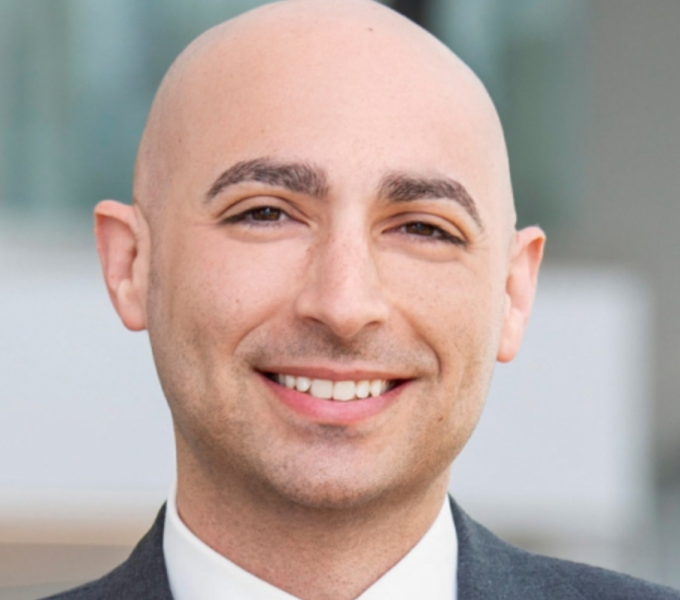
Brain tumors, hydrocephalus, Chiari malformations, trigeminal neuralgia, and traumatic br

The Brain Tumor Biology and Therapy Laboratory studies pediatric and adult high-grade gliomas (HGG)—focusing on brain tumor signing, glioma metabolism and using genomics to identify novel and effective therapies.

Identify phosphorylations, dephosphorylations and acetylations that regulate ATM activity in vivo

The central research focus of the Tumor-Immune Interaction Lab (TIIL) is to study tumor-intrinsic resistance to immunotherapy. Leveraging cutting-edge technologies such as single-cell sequencing, spatial omics and imaging, digital pathology/pathomics, radiomics, and artificial intelligence, we identify novel therapeutic targets for drug repurposing, biomarkers for predicting therapy response, and model tumor-immune interactions using patient-derived organoids, enabling accelerated translation into clinical trials to improve patient outcomes.

The mechanisms of cross-priming of antigens during immune responses to cancer, viruses and autoimmunity

Tumor microenvironment, Cancer stem cells, novel therapeutics for cancer
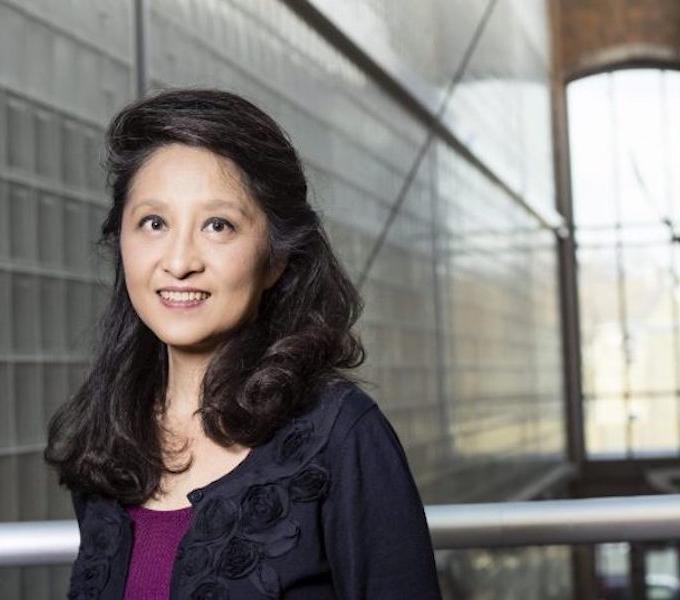
The study of human tumor viruses

Stomal Interactions critical to the survival, growth, and spread of ovarian cancer

The Duncan lab studies liver homeostasis, regeneration, and injury, focusing on the role of hepatic chromosome variations (polyploidy and aneuploidy).

Roles of signal transduction pathways, transcription factors, and chromatin epigenetics in pathological changes in osteoclasts and osteoblasts in cancer-induced bone disease and Paget’s disease of bone

Our work in cardio-oncology aims to understand how cancer therapies affect cardiovascular function in a sex-specific manner.

Dr. Nadine Hempel's research interests center on understanding molecular mechanisms that regulate metastasis and tumor recurrence of ovarian cancer, with the ultimate goal of identifying novel targets for therapy of advanced-stage disease.

Molecular profiling (genomic, transcriptomic, proteomic) of women’s cancers, mouse modeling, and predictive biomarkers for targeted therapy

The Li Lab investigates immunoregulatory mechanisms in cancer, pregnancy, and autoimmune diseases, with a particular emphasis on regulatory CD8+ T cells.
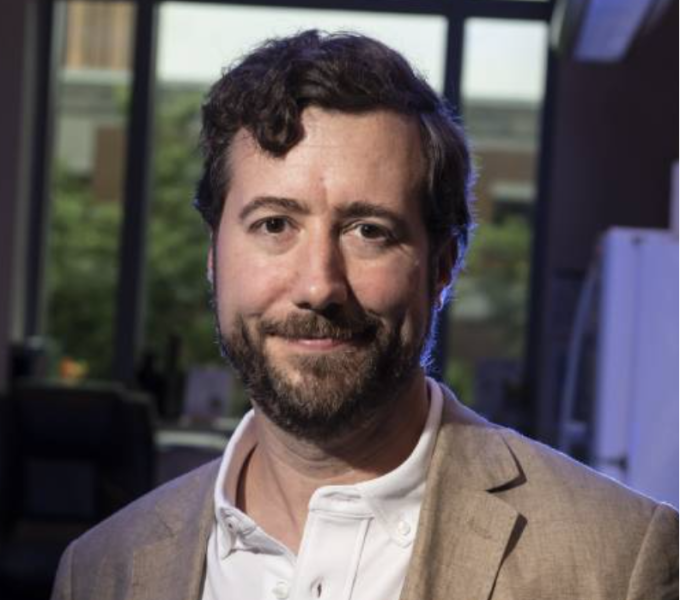
The Lohmueller lab works on developing genetic engineering approaches to augment adoptive cell therapy (ACT) for the treatment of cancer.
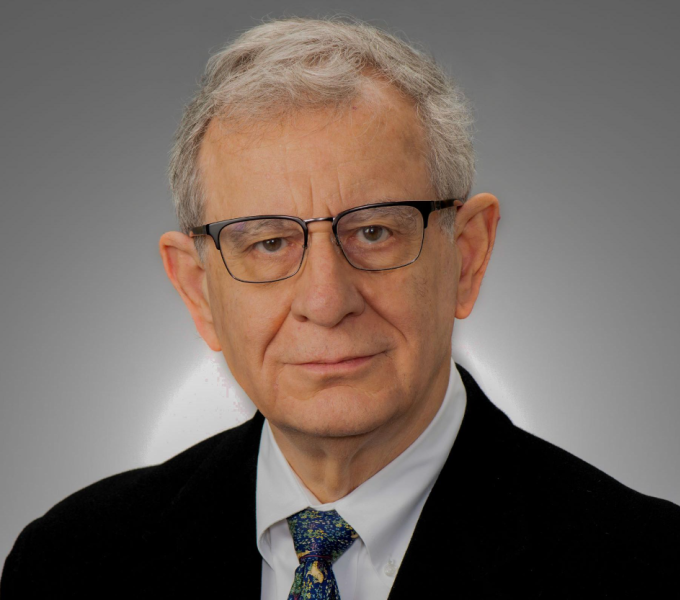
Liver regeneration and carcinogenesis, exploring the effects of growth factors and associated signaling pathways

The Mowery Lab utilizes genetically engineered mouse models, patient-derived samples and molecular biology techniques to study head and neck cancer development and progression, as well as the interplay between radiation therapy and the immune system in head and neck cancer.

The Nacev lab studies epigenetic dysregulation in cancer with a goal of bringing better treatments to patients.
Hormone response and treatment resistance in breast and ovarian cancer, including the analysis of aberrant genetic and epigenetic changes

Mechanisms for preserving telomeres in healthy cells to delay aging-related diseases including cancer, or that conversely deplete telomeres in cancer cells to stop their proliferation

My group extracts biological insights and disease mechanisms from multiomics data including single-cell and spatially resolved data.
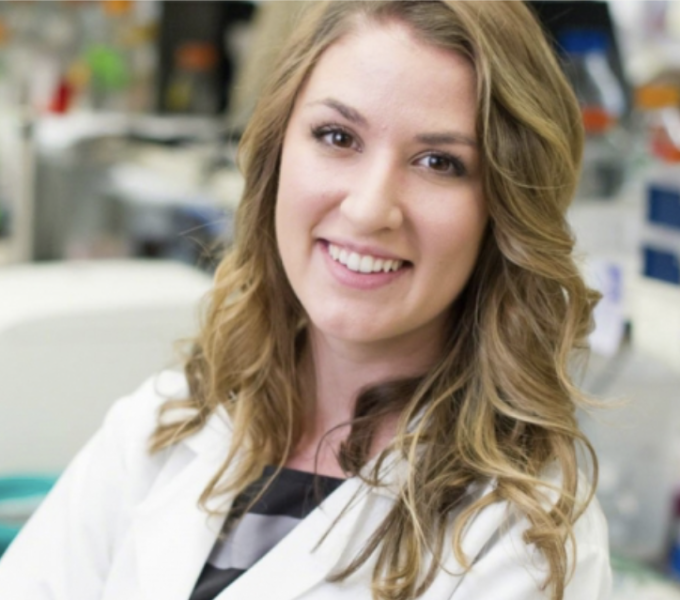
The Overacre Lab is interested in how the microbiota:immune system relationship impacts cancer progression and immunotherapeutic response in both local and distant tumors.

Metabolic, molecular and biochemical changes in animal models of pediatric and adult liver cancers and how best to capitalize on these for therapeutic purposes

The Saloman lab uses basic, translational, and clinical research approaches to investigate neural mechanisms and circuits involved in pain, cancer, and immunity.

Studying Epstein-Barr virus molecular pathogenesis in the nasopharynx using 3-D cell air-liquid interface culture models.

Mechanisms of white blood cell differentiation & its inhibition in leukemias; Mechanisms of stem cell differentiation & growth control

Our lab employs microfluidic technologies, systems biology modeling, and 3D cell culture platforms to investigate the role of complex microenvironments on cell growth, migration and response to environmental/therapeutic stressors in health (tissue homeostasis) and disease (cancer).

